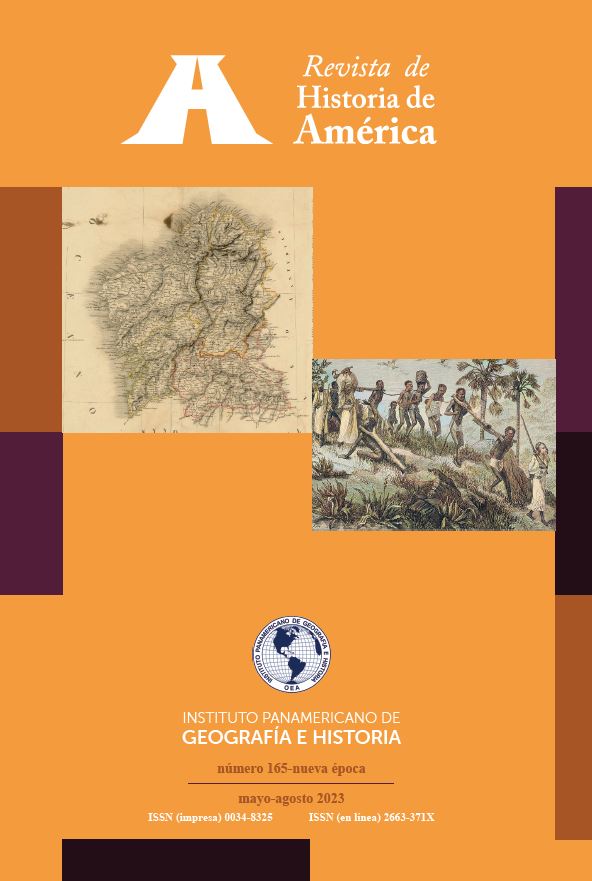The Soviet Union, the communist bloc, developmentalism and the National Revolution
Main Article Content
Abstract
In this paper, we explore the relations of the Bolivian National Revolution (1952-1964) with the Soviet Union and the Eastern Bloc (including Cuba) seeking to understand the implications for the structuring of discourses and
hegemonic and counter-hegemonic power blocs in the political struggle, and, thus, for the developmentalist approach to planning. Our aim is to shed light on little-studied aspects of the Bolivian National Revolution. Research included revising primary sources (archives of the Bolivian Ministry of Foreign Affairs, Bolivian and Unites Stats (US) newspapers, technical and scientific
documentation from Bolivian, US, and ussr institutions) as well as secondary sources (Bolivian historiography and opinion essays).
On this basis, we discuss how, in the process of developing relations with both hegemonic blocs, the US and the USSR, Bolivia ended up complying with the former at the expenses of the latter. We argue that the reasons for this option are not only political but also economic, particularly, the actual content of the ussr development offers. Our analysis reveals that the relations with the USSR bloc played a key role in the self-determination of historically subaltern
actors, and subsequent processes / forms of development planning.
Downloads
Article Details
-
Abstract1123
-
PDF (Español)448

This work is licensed under a Creative Commons Attribution-NonCommercial-ShareAlike 4.0 International License.

